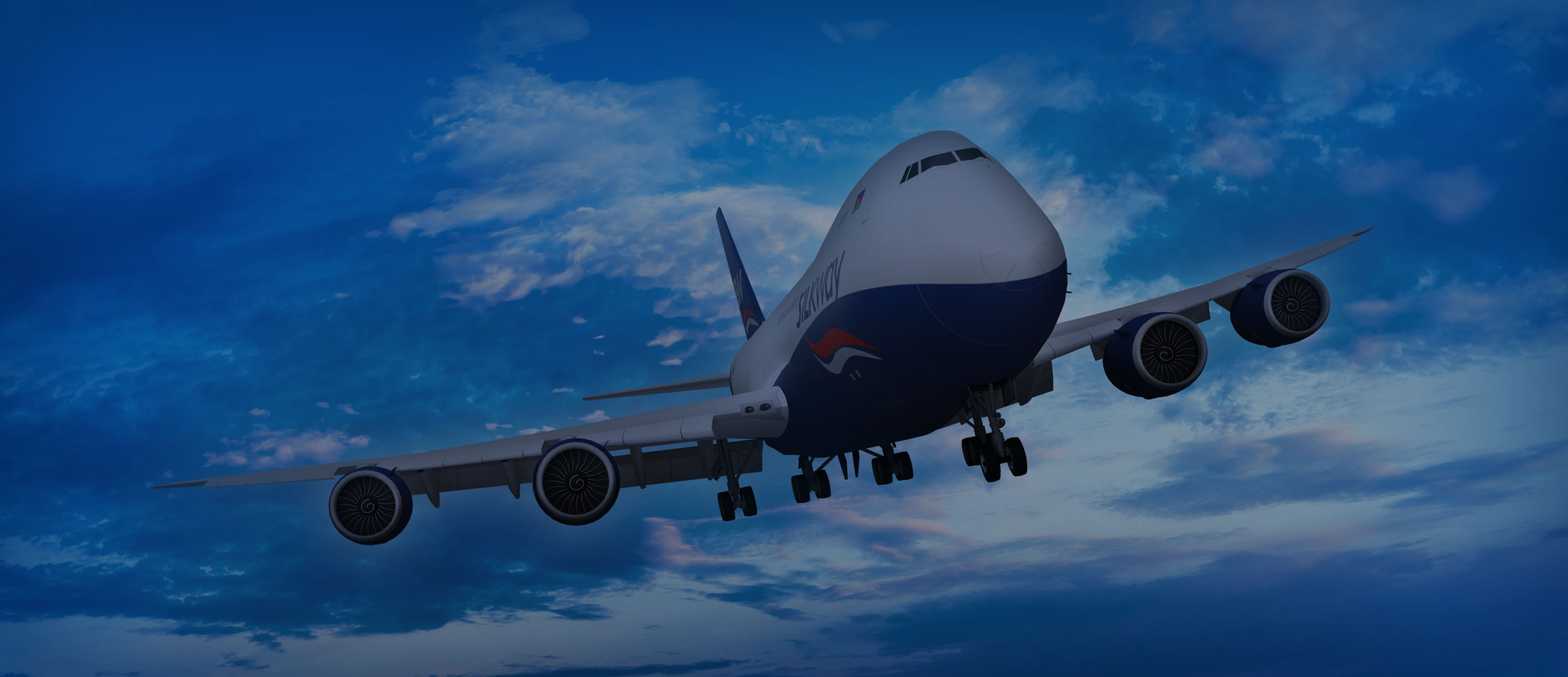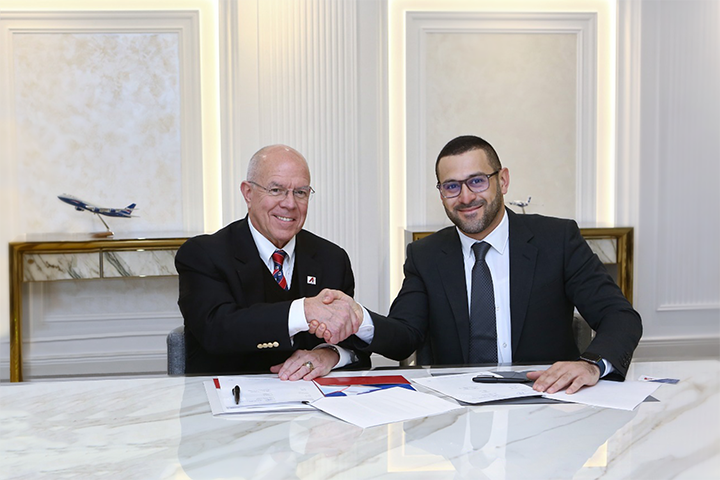Fleets across the world are experiencing reservation delays, limited availability, and bidding wars of customers paying top dollar to guarantee spots on both passenger and all-cargo carriers.
According to the International Air Transport Association (IATA), demand for air cargo has grown since early 2020 despite the past year’s pandemic complications.
Demand in February of 2021 was up 9% globally compared to February 2020. The percentage growth was the highest in Africa, North America, and the Middle East. The phenomenon resembles the graph below.

There was a downward shift in demand during the pandemic and the recovery of that demand re-bounded to unprecedented levels and it continues to rise. Airlines are struggling to keep up with that demand especially as covid restrictions inhibit productivity and growth. Willie Walsh, IATA’s Director General commented,
“Air cargo demand is not just recovering from the COVID-19 crisis, it is growing. With demand at 9% above pre-crisis levels (Feb 2019), one of the main challenges for air cargo is finding sufficient capacity. This makes cargo yields a bright spot in an otherwise bleak industry situation. It also highlights the need for clarity on government plans for a safe industry restart. Understanding how passenger demand could recover will indicate how much belly capacity will be available for air cargo. Being able to efficiently plan that into air cargo operations will be a key element for overall recovery.”
It is speculation to determine exactly what cases this change but ecommerce, medical transport needs, and continued business development may have contributed to this continued and unexpected growth.
The opportunity with this rising demand is a silver-lining to the overall negative situation of the Covid-19 pandemic, though the air cargo industry will have to make many complex shifts to meet demands. These shifts will be uniquely difficult in the wake of further Covid-19 strands and waves.
At GFS we are doing everything we can to optimize our processes to both meet growing demand and keep our employees safe.





